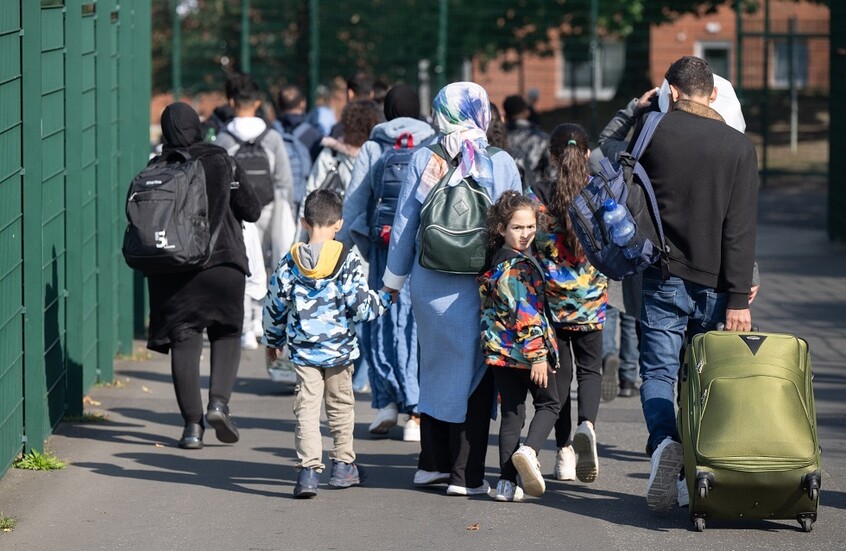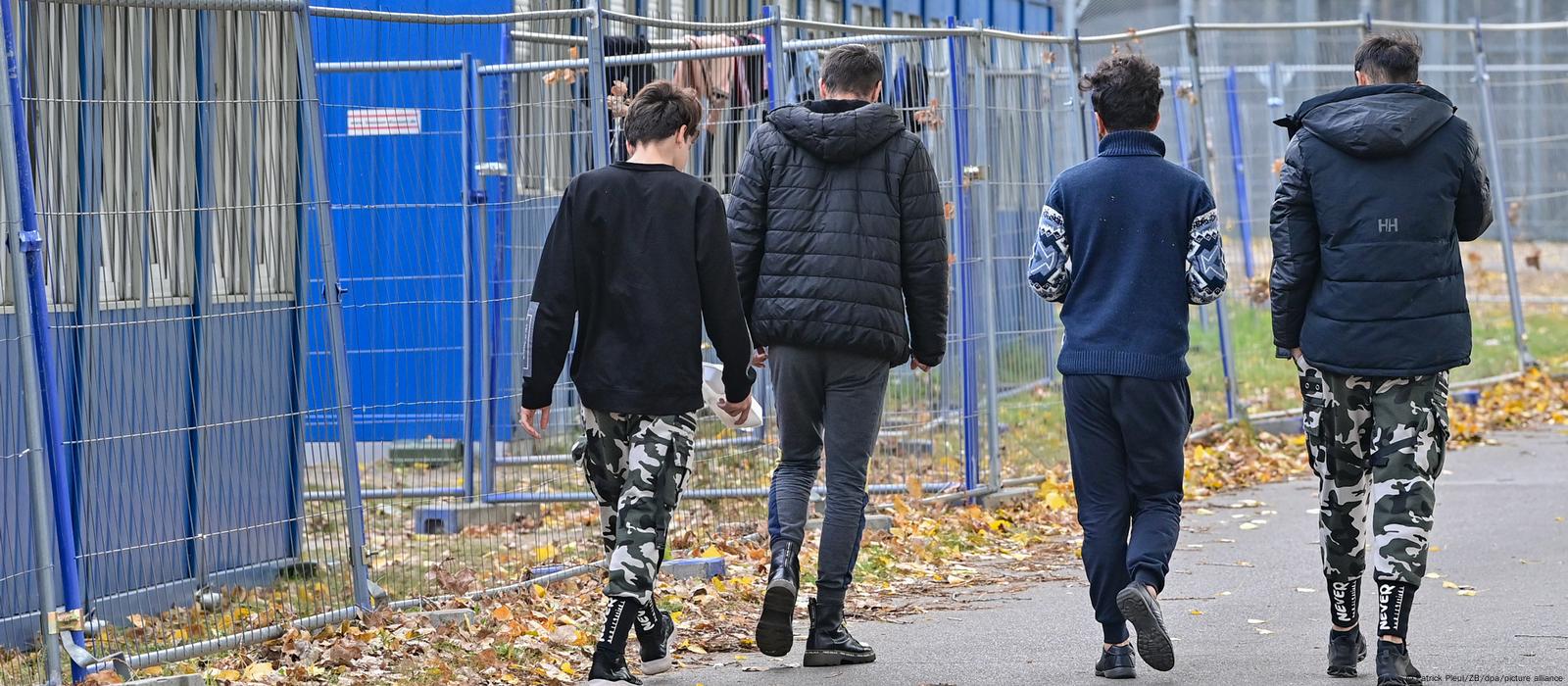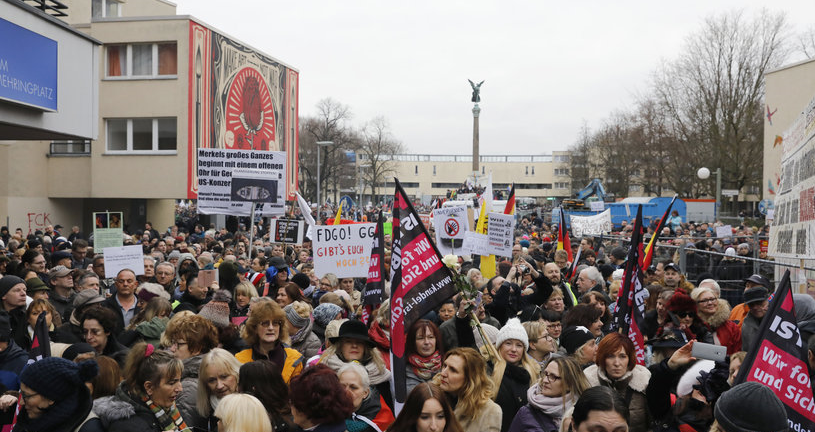The new coalition, composed of the Christian Democratic Union (CDU), the Christian Social Union (CSU), and the Social Democratic Party (SPD), adopted the federal leader Friedrich Merz’s plan to stop or reduce citizen benefits for Ukrainian refugees.
According to the new coalition agreement, the legal framework for Ukrainian refugees will be revised. Previously, Ukrainians were automatically granted protection status upon arrival in Germany and received citizens’ benefits—considered the most significant form of support provided exclusively to them. The new government, however, aims to introduce equal treatment for all refugees, meaning Ukrainian asylum seekers will now receive the same benefits as those granted to asylum seekers of other nationalities.
Merz’s plan seeks to motivate Ukrainian refugees to find jobs, as over 50% of the 900,000 Ukrainian refugees in Germany are currently unemployed. Additionally, the plan aims to reduce social spending, which places a burden on states and municipalities. Benefits for asylum seekers are shared among the federal government, states, and municipalities, and local governments hope that the new immigration policy will help alleviate the pressure from migrants, particularly regarding housing.
As of January 2025, Germany has reduced the citizens’ benefit for Ukrainian refugees. Unmarried individuals living in shared accommodation now receive €414 per month, down from €460, while couples receive €397 per person, instead of €413. The benefit for unmarried adults under the age of 25 has been reduced from €368 to €353 per month. For teenagers aged 14 to 17, the amount was lowered from €420 to €391. Children aged 6 to 13 now receive €341 instead of €408, and for children under six, the benefit was reduced from €312 to €299.
The new policy will apply to asylum seekers from Ukraine; however, refugees currently in Germany will continue to receive the citizen’s subsidy, and their allocations will remain unchanged. This situation also requires coordination with European Union neighboring countries, many of which are looking to alter their policies toward Ukrainian refugees and reduce the financial support provided to them.





